Best Rheumatoid Arthritis Treatment in Gurugram

Rheumatoid arthritis (RA) is a chronic autoimmune condition that causes joint pain, stiffness, swelling, and reduced mobility. It commonly affects the hands, knees, hips, and other joints, making daily activities like walking, gripping objects, or climbing stairs painful and challenging. If left untreated, RA can lead to joint deformities, muscle weakness, and long-term disability.
At Painflame, we provide specialized rheumatoid arthritis treatment in Gurugram, focusing on natural, drug-free therapies like physiotherapy, chiropractic care, manual therapy, and rehabilitation exercises. Our goal is to reduce inflammation, improve joint function, and prevent further joint damage, helping you lead an active, pain-free life.
Our treatments target joint stiffness, muscle imbalances, inflammation, and mobility issues, using evidence-based techniques to manage pain without excessive reliance on medication. If you’re struggling with persistent joint pain, consult our RA specialists in Gurugram for a customized treatment plan designed to restore movement and enhance your quality of life.
What Causes Rheumatoid Arthritis?
Autoimmune Reactions & Joint Inflammation
RA occurs when the immune system mistakenly attacks joints, leading to chronic inflammation, swelling, cartilage damage, stiffness, pain, and progressive joint deterioration.
Genetic & Environmental Factors
Family history, hormonal imbalances, smoking, infections, and environmental factors can trigger RA, increasing the risk of joint inflammation, pain, and long-term joint damage.
Muscle Weakness & Joint Instability
Weak muscles around affected joints fail to provide stability, leading to misalignment, excess strain, stiffness, pain, and progressive joint wear and deterioration.
Poor Posture & Movement Patterns
Poor Posture & Movement PatternsIncorrect posture, repetitive stress, and improper movements overload the joints, worsening RA symptoms like stiffness, pain, swelling, inflammation, and mobility restrictions.
Signs You Need Rheumatoid Arthritis Treatment
Chronic Joint Pain & Swelling
Persistent pain, tenderness, and swelling in multiple joints, especially in the hands, knees, or hips, may indicate RA. If symptoms persist, seeking professional treatment is essential.
Morning Stiffness Lasting Over an Hour
If joint stiffness lasts over an hour in the morning or after inactivity, it could indicate RA-related inflammation. Early diagnosis and treatment help prevent long-term joint damage.
Reduced Range of Motion & Joint Weakness
Difficulty bending, gripping, or walking due to stiff, inflamed joints signals progressive RA. Strengthening exercises, therapy, and mobility training can help restore joint function.
Joint Deformities & Misalignment
As RA progresses, joints may shift out of alignment, leading to deformities, reduced grip strength, and loss of function. Early intervention can slow joint damage and improve mobility.


Non-Surgical Solutions for Rheumatoid Arthritis Relief
Physiotherapy & Joint Mobility Exercises
Physiotherapy helps maintain joint flexibility, strengthen muscles, and improve mobility. Targeted exercises reduce stiffness, enhance circulation, and slow joint degeneration. Customized therapy plans help restore movement, prevent deformities, and improve overall joint function.
Chiropractic Care & Joint Alignment
Chiropractic adjustments restore proper joint alignment, relieve excess pressure on affected areas, and improve posture. This reduces stiffness, pain, and inflammation while enhancing movement efficiency. Regular chiropractic care helps manage RA symptoms, prevents misalignment, and supports joint health.
Manual Therapy & Myofascial Release
Manual therapy techniques like deep tissue massage, trigger point therapy, and myofascial release reduce muscle tension, inflammation, and chronic pain. These therapies enhance circulation, promote tissue healing, and improve joint function by releasing tight fascia, reducing stiffness, and restoring mobility.
Strengthening & Preventing Future Joint Damage
Managing RA requires a proactive approach to joint protection, muscle strengthening, and lifestyle changes. Strengthening the muscles around affected joints helps reduce strain, improve stability, and prevent excessive wear. Maintaining good posture, staying active, and following an individualized exercise plan can minimize flare-ups, reduce pain, and slow joint damage over time.
Strengthening Joint-Supporting Muscles
Exercises focusing on the core, hips, and shoulders improve joint stability and reduce stress on inflamed areas. Resistance training and isometric exercises help maintain strength without overloading the joints.
Enhancing Flexibility & Reducing Stiffness
Stretching, yoga, and mobility drills help counteract stiffness and improve joint range of motion, making daily movements easier and less painful.
Correcting Posture & Ergonomics
Proper posture, ergonomic adjustments at work, and movement awareness reduce unnecessary joint strain, preventing pain and discomfort in daily activities.

Frequently Asked Questions
What causes rheumatoid arthritis?
RA is an autoimmune disorder where the immune system attacks the joints, leading to inflammation, cartilage damage, and joint stiffness. Genetics, environmental factors, and lifestyle choices can contribute to its development.
When should I see a specialist for rheumatoid arthritis?
If you experience persistent joint pain, morning stiffness lasting over an hour, swelling, or reduced mobility, consult an RA specialist to prevent further joint deterioration.
What are the best non-surgical treatments for rheumatoid arthritis?
Physiotherapy, chiropractic care, manual therapy, mobility exercises, and lifestyle modifications help manage RA symptoms, improve movement, and prevent joint damage without surgery.
Can rheumatoid arthritis be treated without medication?
While medication may be necessary for severe cases, non-drug therapies like targeted exercises, joint alignment techniques, and soft tissue therapy can effectively reduce pain and improve joint function.
How can I prevent rheumatoid arthritis from worsening?
Stay active, maintain strong muscles, improve joint flexibility, use ergonomic techniques, and follow a personalized treatment plan to manage RA symptoms and prevent flare-ups.

